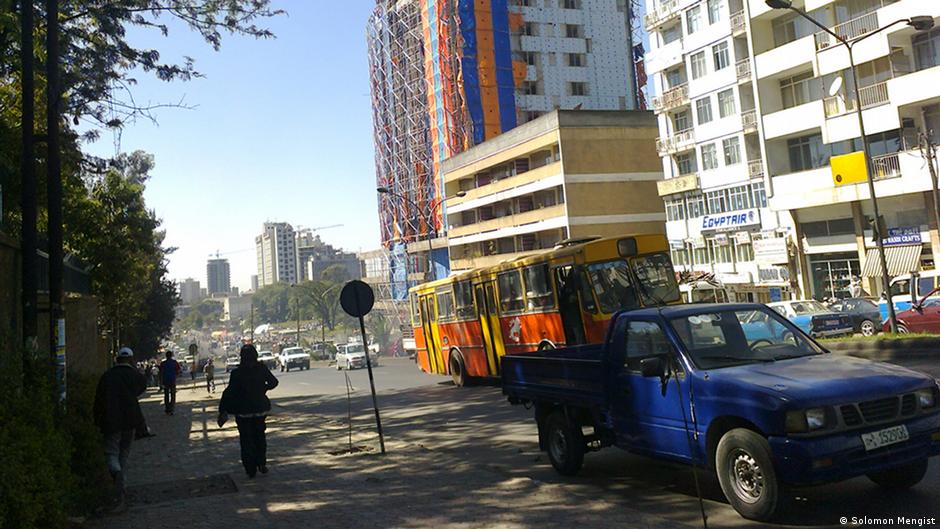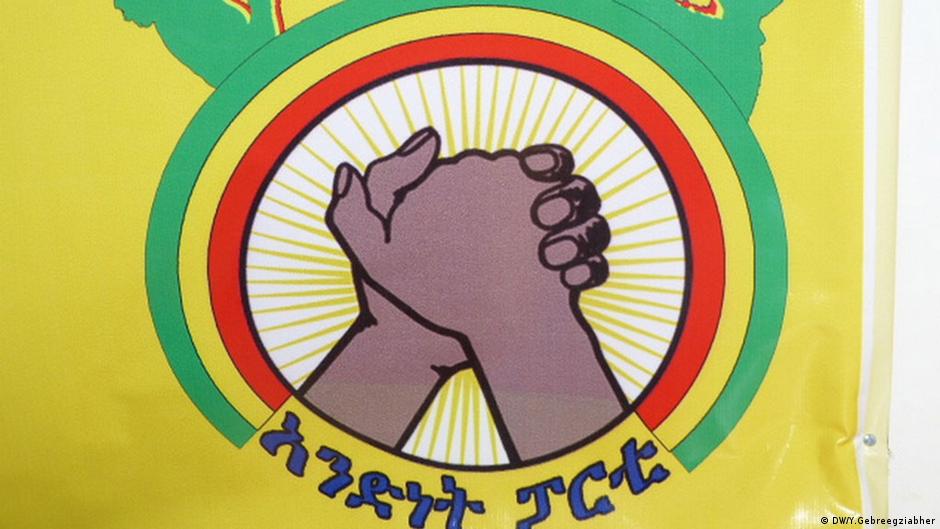Muslims in Ethiopia have been protesting against government interference in religious affairs for more than twenty months. But ever since the violent crackdown by Ethiopian security forces on peaceful protestors during the Eid al-Fitr celebrations in Arsi last month, the Muslim community has been wary of organising new rallies. Whereas some observers believe that the movement has lost its momentum, activists engaged in the protests vow to continue their peaceful resistance until their demands are met.
The protestors identify themselves as a civil movement and have three clear demands: for the government to stop meddling with religious affairs; the right to elect the members of the High Islamic Council known as the Majlis; and for their leaders, who have been jailed for over a year under "trumped-up" charges, to be released.
During the past a year and a half of demonstrations, several protestors have been killed by the security forces, and dozens, if not hundreds, have been arrested or taken into custody. The Ethiopian Government has denied allegations of police brutality and called accusations of human rights abuses that were made by Amnesty International, "one-sided and largely inaccurate, based on hearsay, political calculation or, all-too-often, downright invention."




















